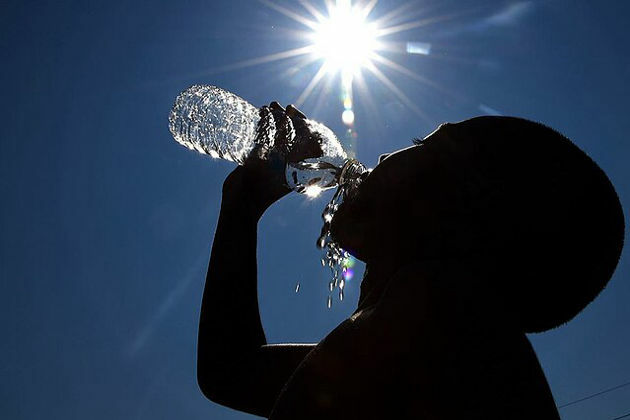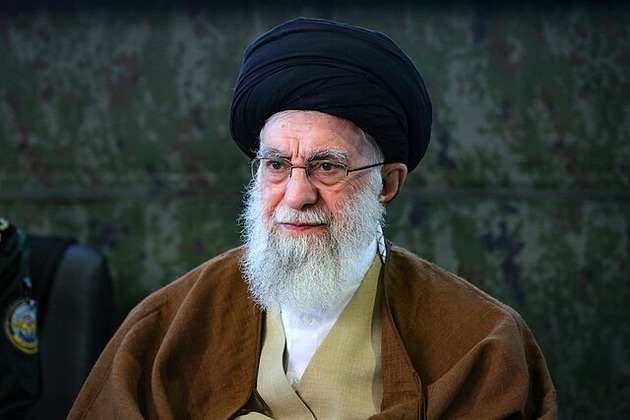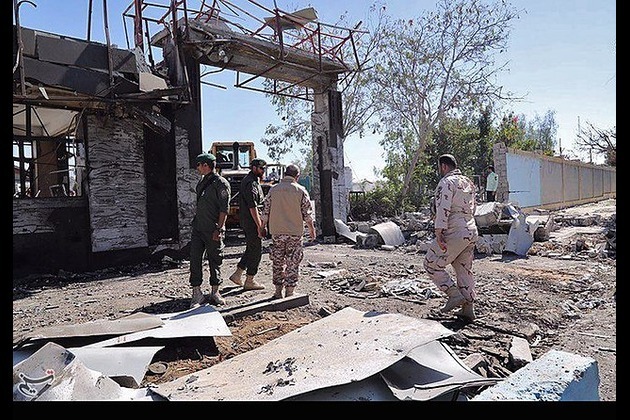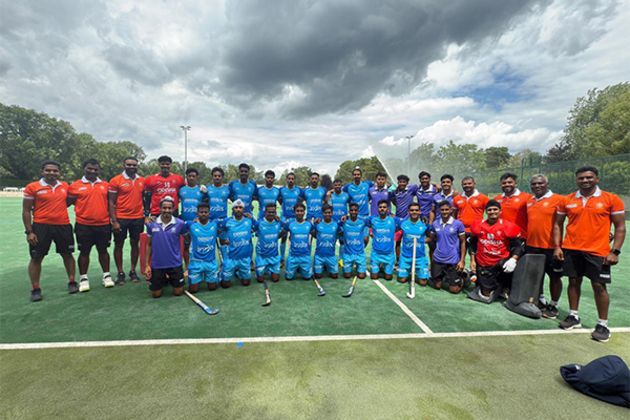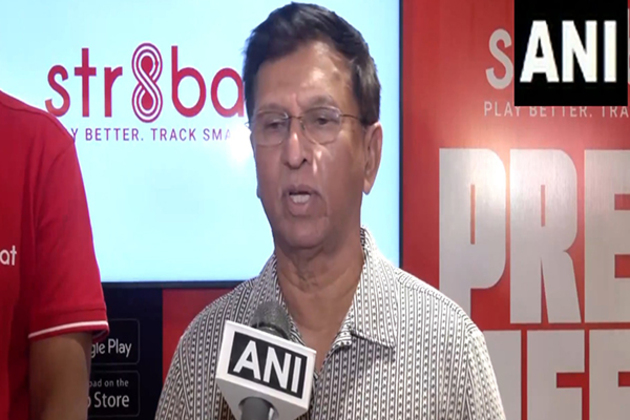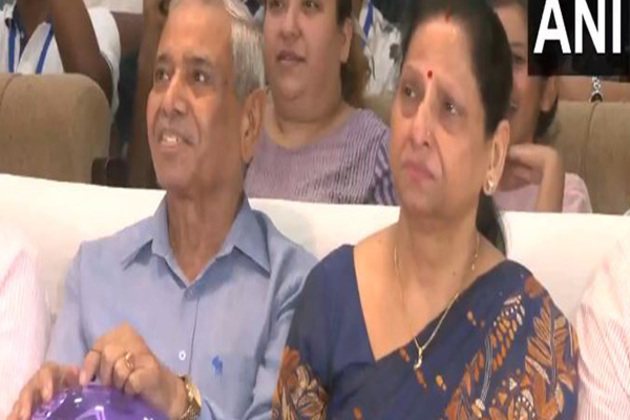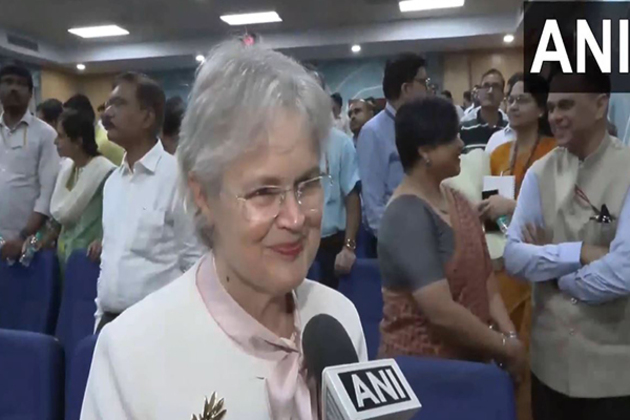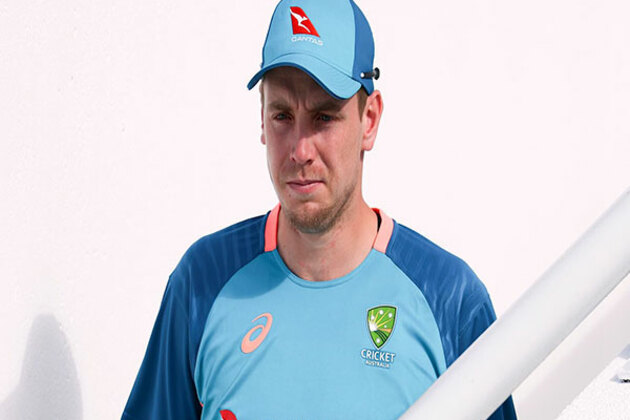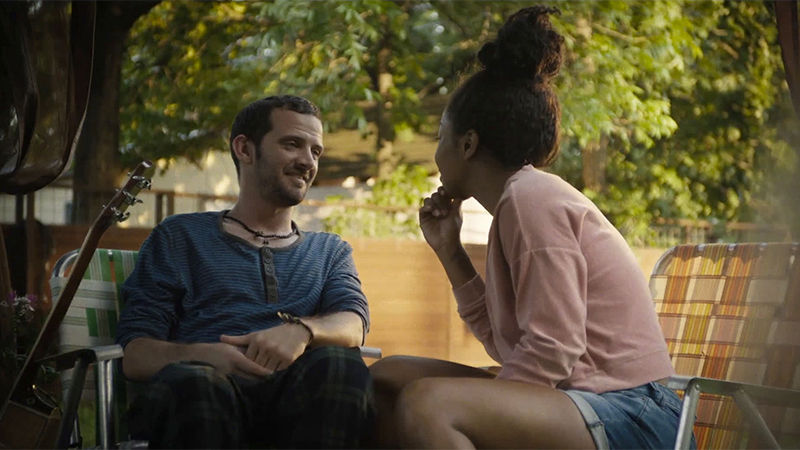500,000 Australians live with mental illness but don't qualify for the NDIS. A damning new report says they need more support
The Conversation
25 Jun 2025, 20:10 GMT+10
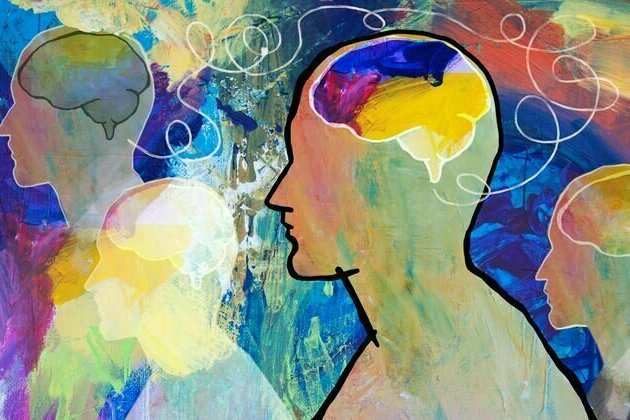
Half a million Australians are living with moderate to severe mental illness, but they don't qualify for the National Disability Insurance Scheme (NDIS) and cannot access the support they need.
In a damning report released on Tuesday, the Productivity Commission says addressing this gap must be an urgent priority for all governments.
The commission is currently reviewing the Mental Health and Suicide Prevention Agreements, signed by the federal government and each state and territory. They aim to improve the community's mental health and reduce suicide.
The commission has found little progress, calling the agreements "not fit for purpose".
So, how did we get here? And what should happen next?
In 1992, the year of Australia's first national mental health policy, 7.25% of the total health budget was allocated to mental health. In 2022-23, it was still only 7.31%.
Yet, mental health and drug and alcohol issues account for nearly 15% of Australia's total burden of disease. While mental health remains woefully underfunded, it is hard to expect much change.
However, the commission's main criticism isn't about funding - it's about the fragmented way mental health is tackled and the failure of federal and state governments to work together.
While the agreements may have set out "what to do", the report says they have failed to describe how change should happen.
This lack of specific objectives, goals and targets has prevented national mental health reform at the scale required.
The report says addressing the lack of psychosocial supports outside the NDIS - a gap that affects 500,000 Australians - must be an urgent priority for states, territories and the federal government.
Psychosocial supports are non-clinical services for people experiencing mental illness that enable them to live independently and safely in the community.
For decades, community and charitable organisations have provided these support services in Australia. They can connect people with mental illness to health, housing, employment, education or other community services. This helps people socialise and maintain relationships and daily living skills.
There is already very strong Australian evidence that psychosocial support services can help people recover from even severe mental illness, improve their quality of life, provide earlier intervention and reduce the burden on hospital-based mental health care.
Yet, Australia has never adequately funded psychosocial care.
In 1992, these services received just under 2% of total spending on mental health by the states and territories. In 2022-23, it was 6%.
The lack of psychosocial services, and of community-based mental health care more broadly, is one of the key gaps in Australia's existing mental health system, giving rise to the term "the missing middle". This describes people with needs too complex for primary care (such as general practice), but not urgent enough to warrant hospital admission.
The introduction of the NDIS failed to arrest this gap - and may have made it worse. The scheme was only ever designed to provide support to 64,000 Australians with the most severe, enduring, psychosocial disability.
In providing funds to set up the NDIS, the federal government, in fact, closed some psychosocial programs it had only recently begun, such as Partners in Recovery and Personal Helpers and Mentors. State and territory funding for psychosocial services was already extremely limited, but they, too, withdrew some community-based supports.
The neglect of psychosocial services fits into a broader pattern that affects all community mental health services because responsibility for mental health is split.
The federal government manages primary mental health services, mostly provided by GPs and psychologists under Medicare. Meanwhile, state and territory governments focus on hospital-based, emergency, acute inpatient and outpatient services.
Currently, nobody is responsible for community mental health care. No wonder these "secondary" services, both clinical and psychosocial, have failed to flourish.
The Productivity Commission's interim report rightly recommends Australia urgently address this gap in psychosocial care.
Governments are now considering a "foundational supports" funding stream, which would provide psychosocial services for people outside the NDIS.
However, in 2020, the Productivity Commission found our mental health system to be fragmented and disorganised. Just adding one more funding stream or program to this environment probably won't help.
Before considering who funds what, real mental health reform should be based on a clear map that lays out how our mental health system should be organised and the respective role of medical, clinical and psychosocial care in that system.
Where does the evidence indicate people should go for care? What services should they receive? And what should happen next if their mental health improves or declines?
This kind of system-wide map can guide investments and prioritise reform, region by region. This would properly put the person, not the funders, at the centre of care.
If this article has raised issues for you, or if you're concerned about someone you know, call Lifeline on 13 11 14.
 Share
Share
 Tweet
Tweet
 Share
Share
 Flip
Flip
 Email
Email
Watch latest videos
Subscribe and Follow
Get a daily dose of Australian Herald news through our daily email, its complimentary and keeps you fully up to date with world and business news as well.
News RELEASES
Publish news of your business, community or sports group, personnel appointments, major event and more by submitting a news release to Australian Herald.
More InformationInternational
SectionMillions endure dangerous US temperatures, heat alert issued
MADISON, Wisconsin: Tens of millions of residents across the Midwest and East Coast faced dangerously high temperatures over the weekend...
Multiple Israeli troops die as armored personnel carrier is blown up in Gaza
KHAN YOUNIS, Gaza - Seven Israeli soldiers were killed in a large explosion in southern Gaza's Khan Younis area on Tuesday night,...
Khamenei remains in hiding as clerics fast-track succession plans
DUBAI, U.A.E.: Iran's top clerics are quietly accelerating succession plans for Supreme Leader Ayatollah Ali Khamenei, who was threatened...
Monsoon floods batter China, raising climate concerns
BEIJING, China: Extreme weather is once again testing China's resilience, as intensifying monsoon rains trigger floods across major...
UK and France issue heat warnings as temperatures climb
LONDON/PARIS: British and French authorities have warned people to stay safe as an early summer heat wave brings unusually high temperatures...
Muslim bloc calls on Israel to sign Nuclear Non-Proliferation treaty
ANKARA, Turkey: Amid rising tensions in the Middle East, the Organisation of Islamic Cooperation (OIC) announced it would form a new...
Sydney
SectionShastri cautions India about resting Bumrah in second Test against England
Leeds [UK], June 25 (ANI): Former cricketer and head coach Ravi Shastri believes India should think twice before resting world number...
Indian Junior Men's Hockey Team edges past Australia 2-1 in 4 Nations Tournament
Berlin [Germany], June 25 (ANI): The Indian Junior Men's Hockey Team defeated Australia 2-1 in the battle for third place at the ongoing...
"Want to see team given more time because...": Kiran More backs Team India following their loss against England at Leeds
Mumbai (Maharashtra) [India], June 25 (ANI): Former cricketer Kiran More backed Team India following their loss in the first Test of...
Tears of joy: Group Captain Shukla's parents get emotional after he lifts off into space
Lucknow (Uttar Pradesh) [India], June 25 (ANI): As Axiom Mission 4 launched from NASA's Kennedy Space Center in Florida, it marked...
"Such a huge achievement for India": South Australia Governor congratulates Indian space community as Axiom-4 lifts off
New Delhi [India], June 25 (ANI): South Australia Governor Frances Adamson AC has congratulated the Indian space community and Indians...
"We see him as a long-term option": Pat Cummins backs Cameron Green for No. 3 spot in test
New Delhi [India] June 25 (ANI): Ahead of the first test in Barbados from Wednesday, against West Indies, Australia skipper Pat Cummins...

